Noche de San Juan
The 23rd of June is the Noche de San Juan, or the night of San Juan. This evening coincides with the Summer Solstice or the Midsummer Night. As most celebrations here in Spain, San Juan is full of rites and rituals from past times. However, it is also a time to enjoy and celebrate on the streets with local food, drink and of course, fire hopping!
History
San Juan has both Christian and Pagan roots. The Pagans would celebrate the entrance of the summer solstice, the longest day of the year. This symbolised leaving the dark winter behind and the struggles that came with the colder weather and less crops. It is thought that at this festival, the Pagans lit bonfires to celebrate the beginning of this new stage. The flames of the fires were also a way to ask the sun for more strength.
At midnight, one would jump over a bonfire to cleanse the soul; and then rush into the sea to wash away the evil spirits. Another tradition, especially for women, was to prepare perfumed water combining the local herbs and plants to purify themselves for the warmer season.
If we look for Christian traditions related to the celebration of San Juan, the evening of the 23rd June was the night to celebrate the birth of Saint John the Baptist, whom was born on June 24. His father – Zacarías – lit several bonfires to warn the neighbours that his wife was pregnant. Thus, bringing in the element of bonfires in the celebration.
Present Day Celebrations
Depending on the area where you celebrate San Juan, you will find slightly different rituals and legends. The night of San Juan is often celebrated on the beaches with bonfires, fireworks, sardines and merriment. In Alicante, huge effigies are paraded through the city before being thrown into the flames.
The local saying in Gallego for San Juan is: “En San Xoán, meigas e bruxas fuxirán ”
Translated to English, this line is saying “in San Juan, meigas and witches will flee.” A meiga is a woman with magical powers. These power can be used to help heal or to cast evil spells. Presumably, for San Juan the suggestion is the meigas are evil and will be out with the witches!
Below are the main traditions you will find in Galicia and along the Camino de Santiago.
1.Bonfires
Jumping over a bonfire on the eve of San Juan is the most popular way to celebrate. Historically, the bonfires were lit to protect against evil spirits which were believed to wander freely when the sun was turning southward. Depending on where you are celebrating, you will have to jump over the fire different amounts to ensure your good luck and to ward off evil. In Alicante, locals insist on jumping seven times. Here in Galicia, where the event is considered an International Tourist Interest, we have to jump nine times. In some parts of Spain (presumably in warmer waters), the locals do not jump over fires but rather jump the waves back into the sea at midnight.
In Santiago de Compostela, you can find small bonfires which allows children and those less daring to jump. On other streets, you can find bonfires meters high! Don’t worry, the height of the fire has nothing to do with the effectiveness of the tradition. You will also find families making small bonfires on local beaches to celebrate the evening.
2. Herbal Washing
In Galicia, the tradition is to submerge a mix of local herbs in water and leave it to sit overnight. These vary from area to area, but mostly include fennel, fern, rue, rosemary, dog rose, lemon verbena, St John’s wort, mallows, foxgloves and elder flowers.
In the morning, you wash your face with the herbal water. This ritual is thought to cleanse and purify the soul and bring good fortune. However, if you look into a mirror while doing it, the spell doesn’t work!
3. Sardines
A century ago, the menu for San Juan’s night varied from one town to another. More recently, the custom of roasting sardines (possibly due to the high amount of fishing towns here) spread in Galicia. Today, you will see the streets of Santiago de Compostela filled with restaurants grilling and serving recently caught local sardines at a low cost. They will hand you the crispy fish on a piece of local, hearty Galician bread.
Families will also take fresh sardines to the beach to grill themselves, following in this yummy tradition!
Contact us now for more information! Bon Caminho and En San Xoán, meigas e bruxas fuxirán!

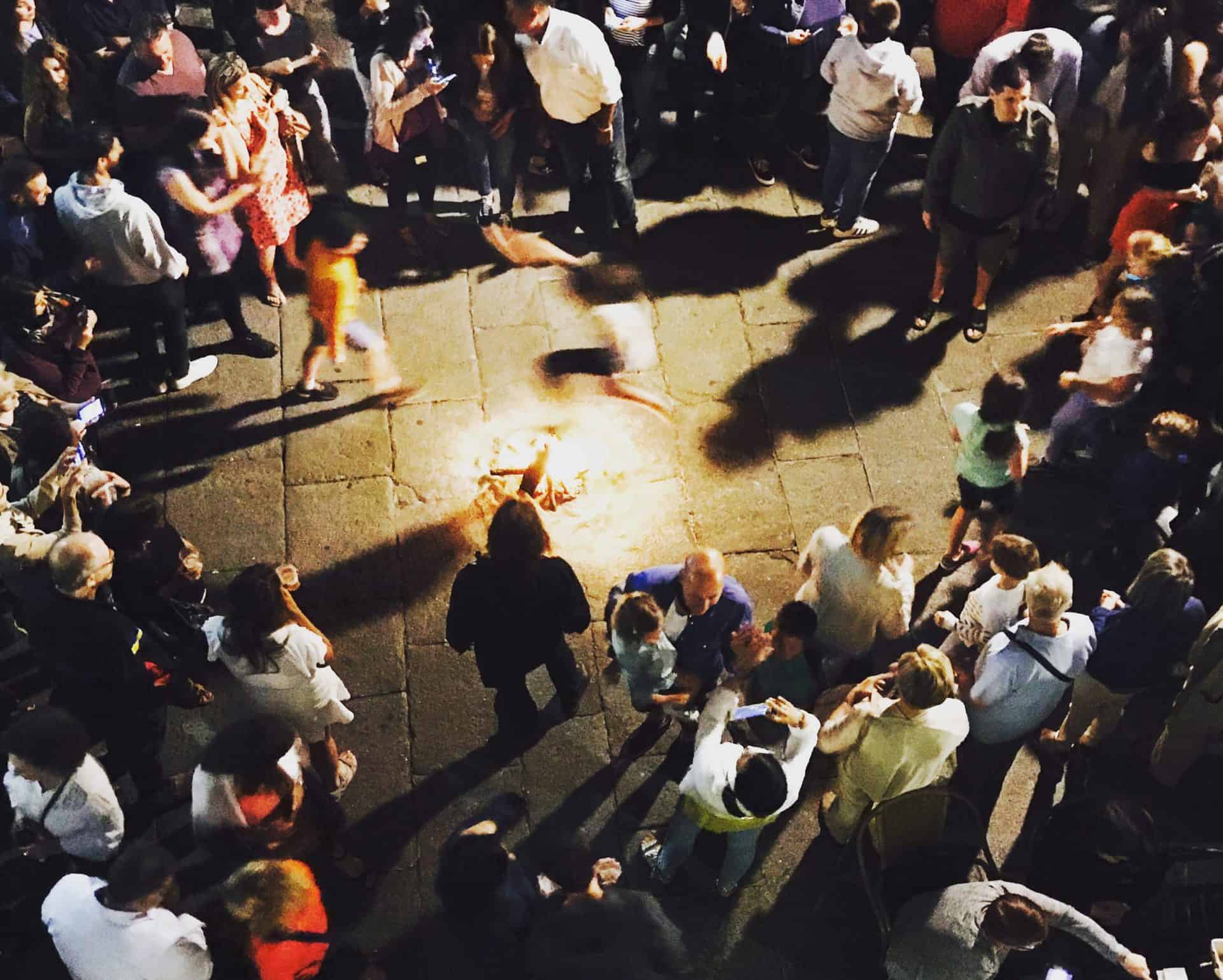
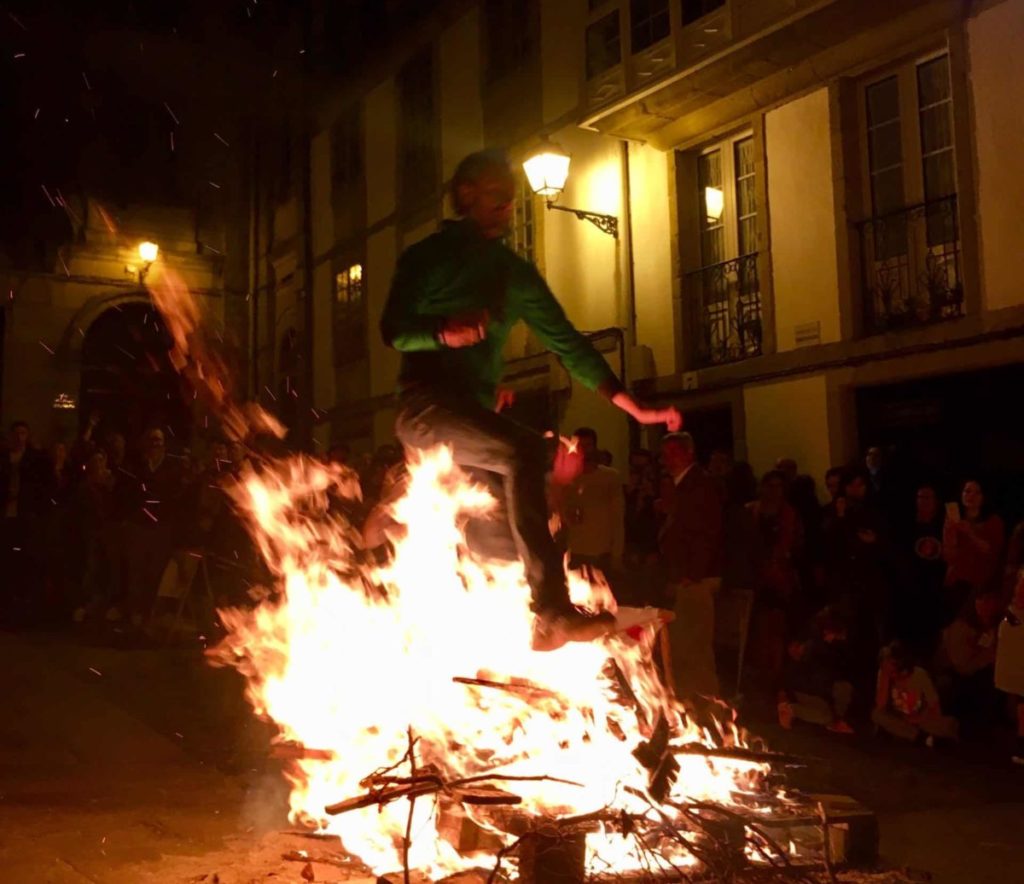
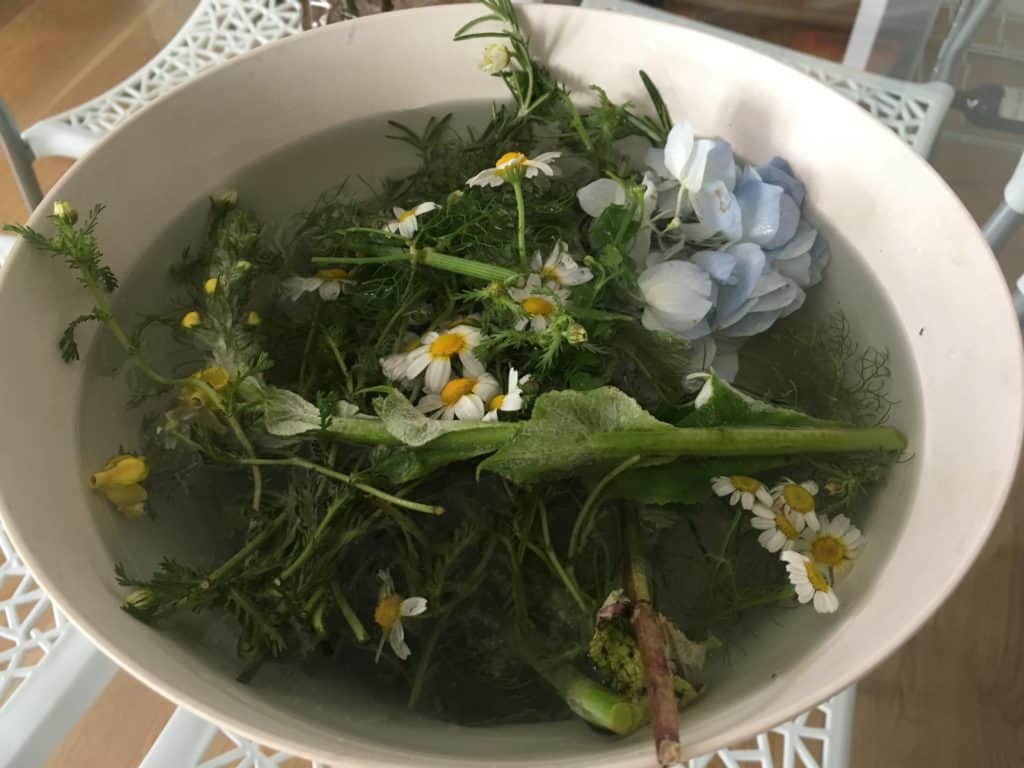
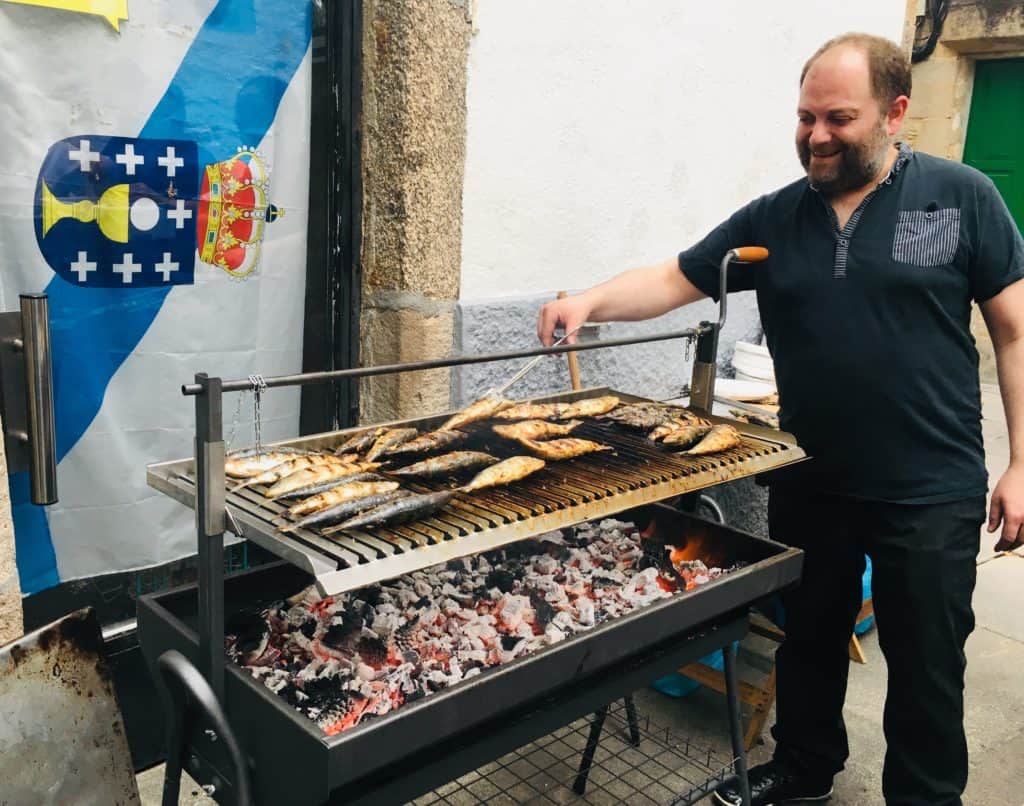
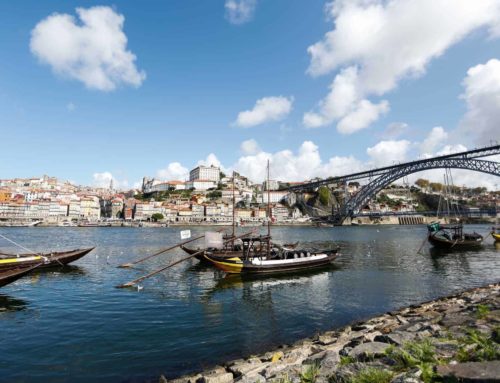
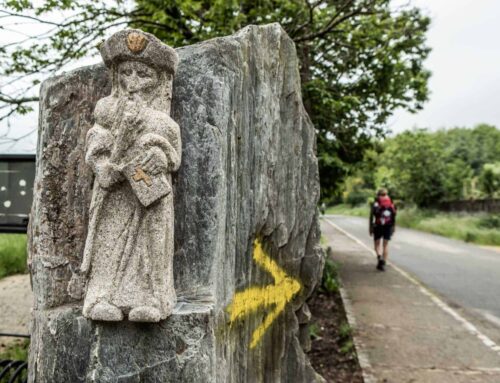
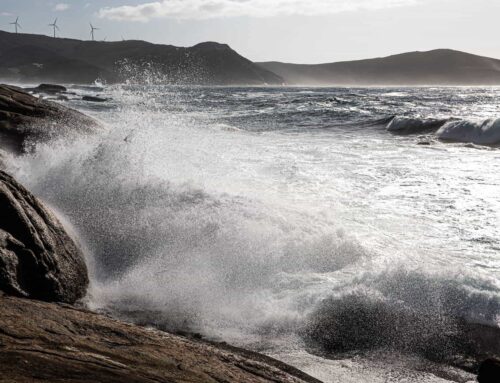
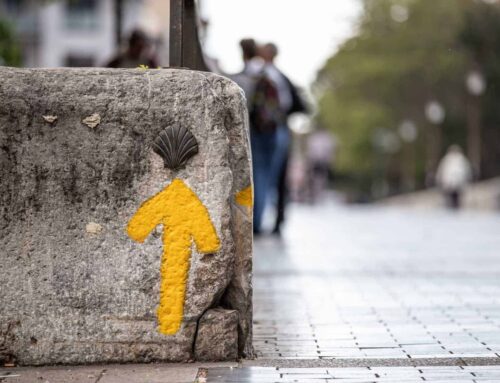
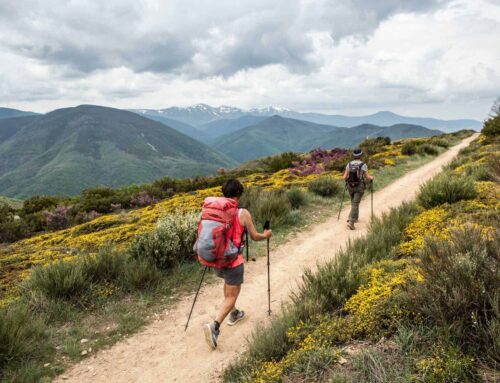
Leave A Comment